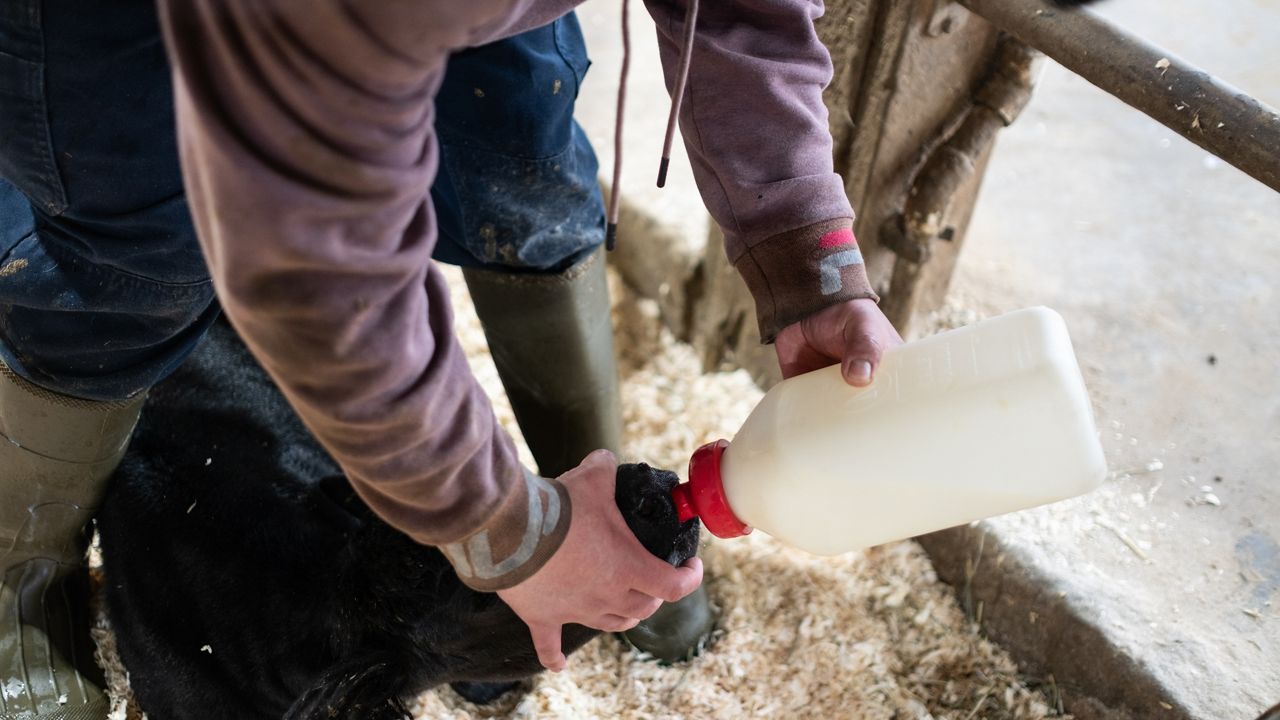Quirino, a Guatemalan immigrant, spent more than a decade working long days caring for hundreds of cows on a dairy farm in upstate New York. Now, he worries about the day that ends amid a rollercoaster of immigration policy changes.
“During the first [Trump] administration, it felt like there was an uptick in the people who were being detained and people being deported, but it was about one or two months and then it seemed like things started to slow down,” Quirino said in an interview this week through an interpreter from the Worker’s Center of Central New York.
He said they expected the same thing this time, but that hasn’t been the case.
“Now it just seems like it’s not stopping, and they’re deporting anyone and everyone or detaining anyone and everyone,” Quirino said.
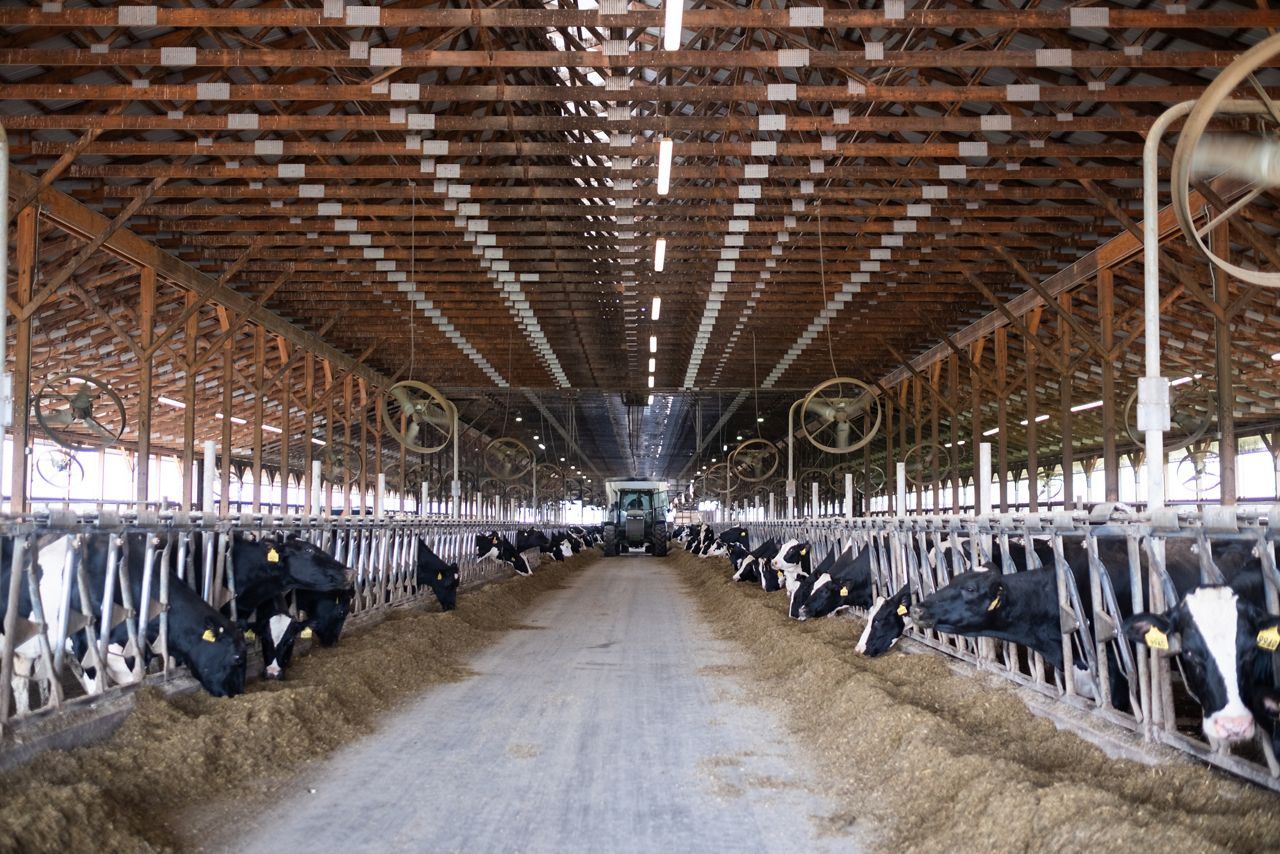
Noting concern among American farmers who rely on immigrant and migrant labor to fuel the U.S. food supply chain, President Donald Trump said immigration raids on farms would stop, but just days later the Department of Homeland Security refuted and reinforced that farms — and other locations — would not be immune to raids.
The aggressive immigration enforcement and accompanying changes have other farmworkers Quirino knows living in fear to run simple errands.
“No one feels safe, and no one is leaving [the farm] and if they do leave, they’re scared. About two weeks ago, I had to go into Watertown to run a couple of errands, and I felt like I was being looked at by certain Americans. There’s no comfort. I’m scared of everyone from the police to the sheriffs. We always think to ourselves that they’re going to call immigration,” Quirino said.
He feels targeted because of the color of his skin and his language as he and many other workers speak Spanish.
“Sometimes there’s posts on Facebook and we look at the comments and think, wow, how much hate that people hold for us, and all we’re doing is working and it’s the work that they don’t want to do. They’re not here milking the cows,” Quirino said.
Work on a dairy farm is never ending and requires workers to have odd shifts and sometimes few breaks.
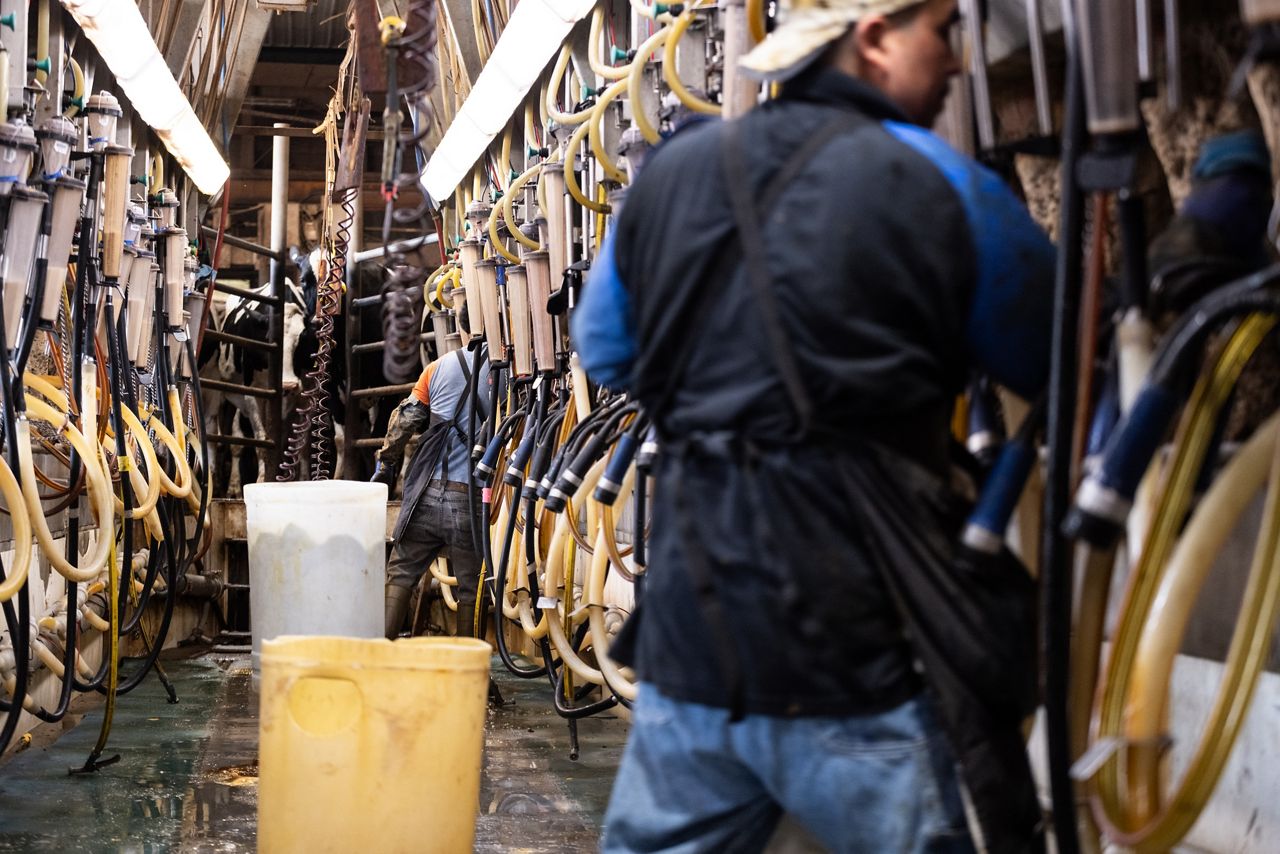
“On dairy farms, it’s really complicated hours. It’s a 24-hour type job because you have to make sure that the cows are getting milked because if they don’t get milked, then they get sick. So sometimes there’s no time to eat,” Quirino said.
Like many of his colleagues, Quirino came to the U.S. hoping to create a better life for himself and his family.
“In Guatemala, it was difficult to really get ahead because of the corruption and the gang affiliations. I used to work at a factory for clothes, and there were people that would insist that the workers would have to pay [money] to the gangs,” Quirino said.
Each paycheck, Quirino said he was forced to give money to gangs, and that drove him to seek work in the United States.
“I had a family to take care of, and that’s when I decided to come here. I feel like that’s why a lot of people come to this country because in their country, there’s corruption that’s been created,” he said.
Growing up in Guatemala, his parents were not wealthy and couldn’t afford certain opportunities like sending him to school.
“Now I’ve been here, I have two daughters and they’ve been able to now pursue careers or be on the path to pursue a career, and they have opportunities that I wasn’t able to have when I was younger,” Quirino said.
He has learned a lot working on the farm such as how to drive a tractor, how to vaccinate cattle, and recently, he has been learning how to inseminate cows. Despite growing concerns about Immigration and Customs Enforcement, he said he feels lucky to have worked here for many years.
Looking to farmers to advocate
Mina Aguilar, director of advocacy for the Worker’s Center of Central New York, said the group urged the New York Farm Bureau to speak up on behalf of farmworkers.
“We know that the Farm Bureau has a lot of influence with our legislatures and employers, and as a workers’ rights organization, we know employers are not likely to listen to us, to really take us into account. But if it’s coming from the Farm Bureau, we know that they have a little more pull,” Aguilar said.
The Worker’s Center of Central New York has provided workers with information on how to respond if ICE agents were to show up at their home or farm, but that can’t fully protect the workers, Quirino said.
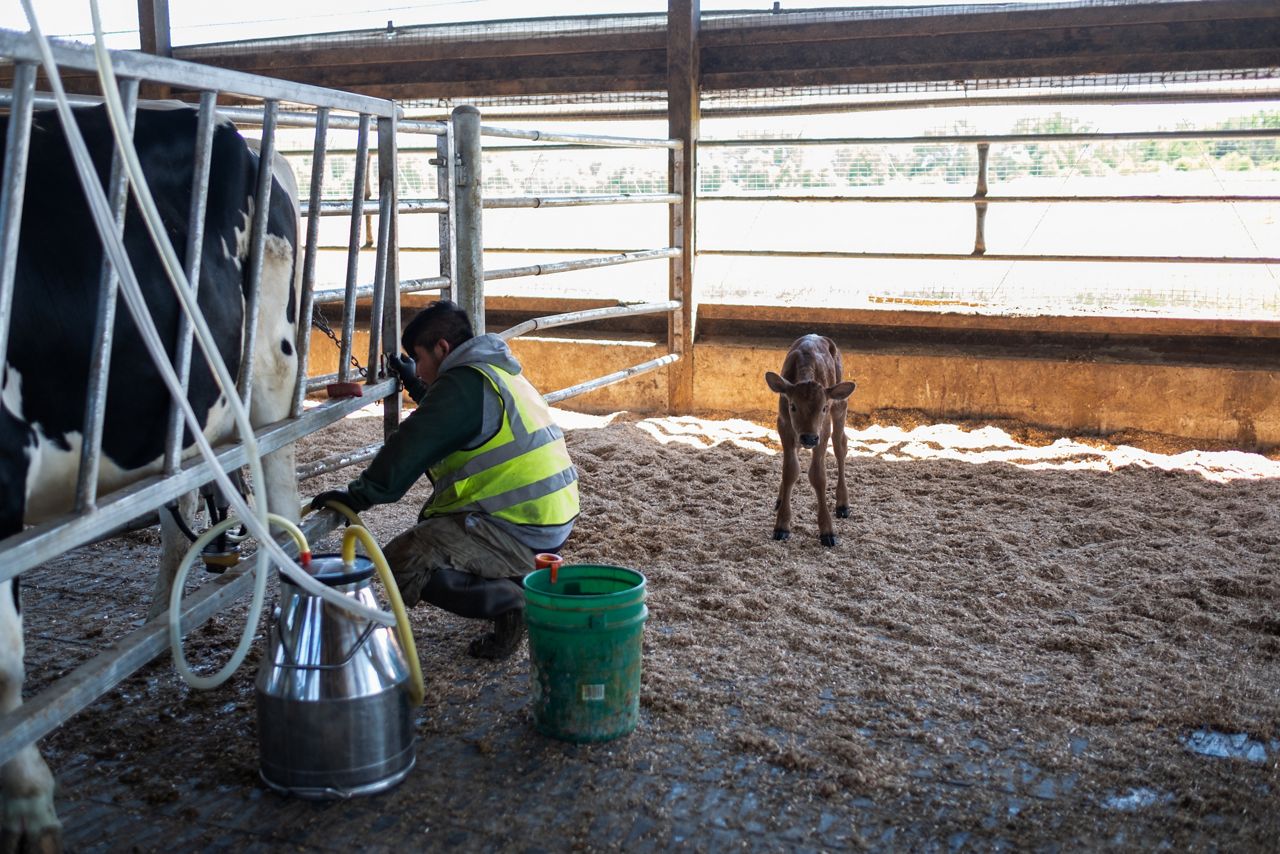
“You can’t ever feel too protected but informed, yes. Thanks to organizations like the Worker Center, we’ve been able to be informed about our rights as workers, but the information did not come from their employer,” he said.
Aguilar said they don’t believe that farmworkers should provide this information to the owners.
“Educating their members or the employers on the difference between a judicial warrant and an administrative warrant, so it’s not workers having to educate their employers and saying, please put up private property signs on this building. They should have that information already,” she said.
In response to the letter from the Worker’s Center, and Alianza Agricola, another farmworker advocacy group, the New York Farm Bureau said they support everyone who works in the agricultural industry.
“New York Farm Bureau, Alianza Agricola and Workers’ Center of Central New York all share a common belief — that New York’s agricultural industry would not be possible without the incredible work of farm employees,” said New York Farm Bureau President David Fisher.
The policy at the New York Farm Bureau is to support pathways for employees that are already working and to expand the H-2A program to allow employees to work year-round instead of seasonally, Fisher said.
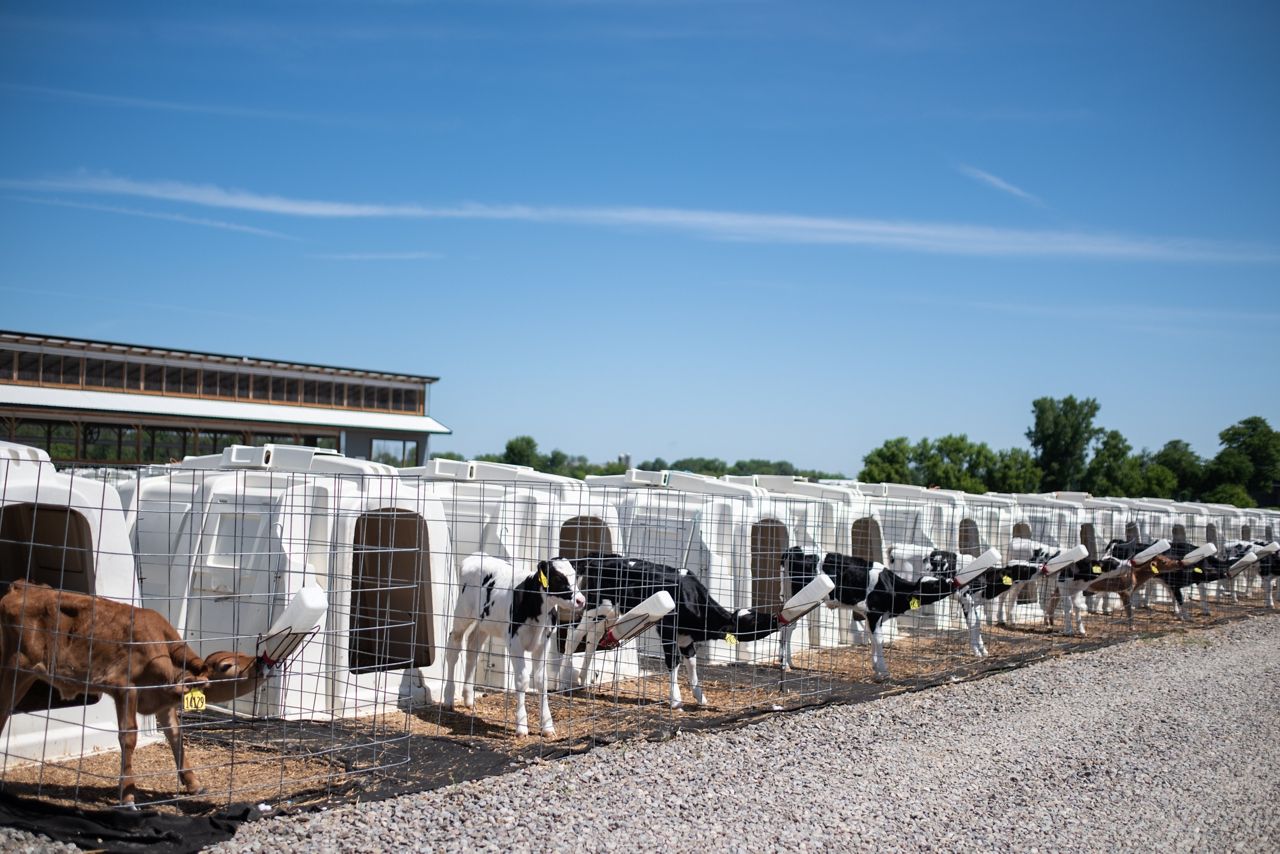
“Like you, we too condemn harassing, threatening or marginalizing farm employees. As such, we continue to advocate for opportunities and pathways for farm employees to support our member-created and approved policies,” he said.
'You can’t imagine what they’ve gone through to get here’
Joel Riehlman, owner of Venture Farms in Tully, said his farm received information for its workers from organizations like the Northeast Dairy Producers Association.
“We’ve been forced to have these talks with our staff. If someone comes to the farm, you have to go through the whole process. You have to show identification, you’ll find an owner, and don’t speak to anybody. Don’t run, that’s the last thing we want anybody to do because then that just sets forth a whole lot of other issues or collateral damage that can happen due to that,” Riehlman said.
The changes from the federal government on immigration raids have made keeping up with the status difficult to follow, Riehlman said.
“It was definitely a relief to hear that we could give that news to [our workers] and to say that it looks like the administration is on our side and for you that have done everything that you can do to be here and work respectively for a country that truly needs you, that was a huge relief. But obviously the Department of Homeland Security reversing that, it’s saddening for sure,” he said.
When a farm hires employees, they are required to provide certain documentation. However, due to discrimination laws, farmers say they cannot question the authenticity of the documents.
“We cannot discriminate. We cannot really judge the validity of those documents or that can be considered harassment on our end, so therefore, we do not judge the source of any of the documentation of any of our people,” Riehlman said.
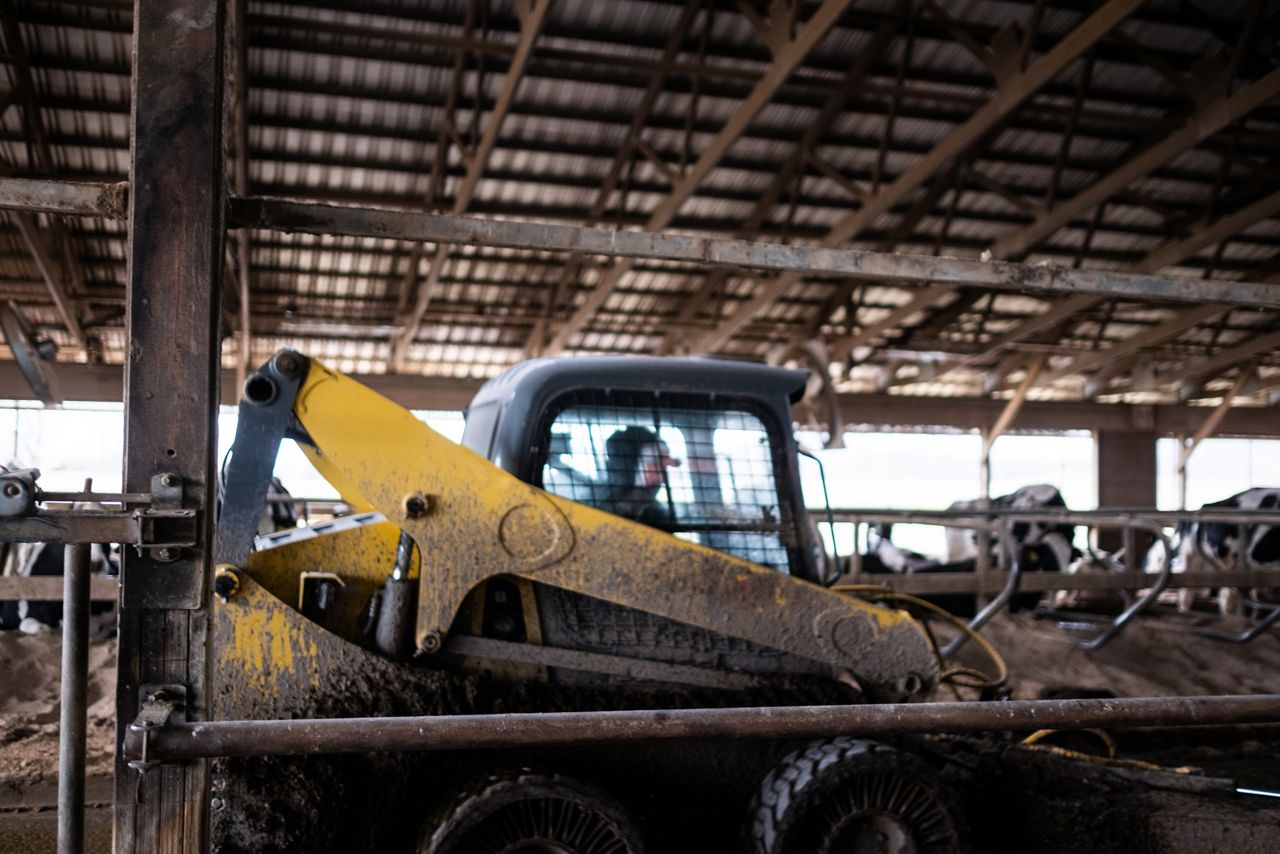
Many of his workers have been employees for several years and they have developed personal relationships, Riehlman said.
“If you were to talk to some of our workers here and throughout the state that do this work for us, day in and day out, what it took to come over here, you can’t imagine what they’ve gone through to get here,” he said. “And how many people have been lost in that journey and in the cartels. It gets into how strong these cartels are.”
Riehlman has advocated for immigration reform for years to no avail, but he said he will continue to do so until there is a solution.
“I can tell you that many advocacy groups and many, many, many farmers are going to fight this fight to find a legal pathway,” Riehlman said.


